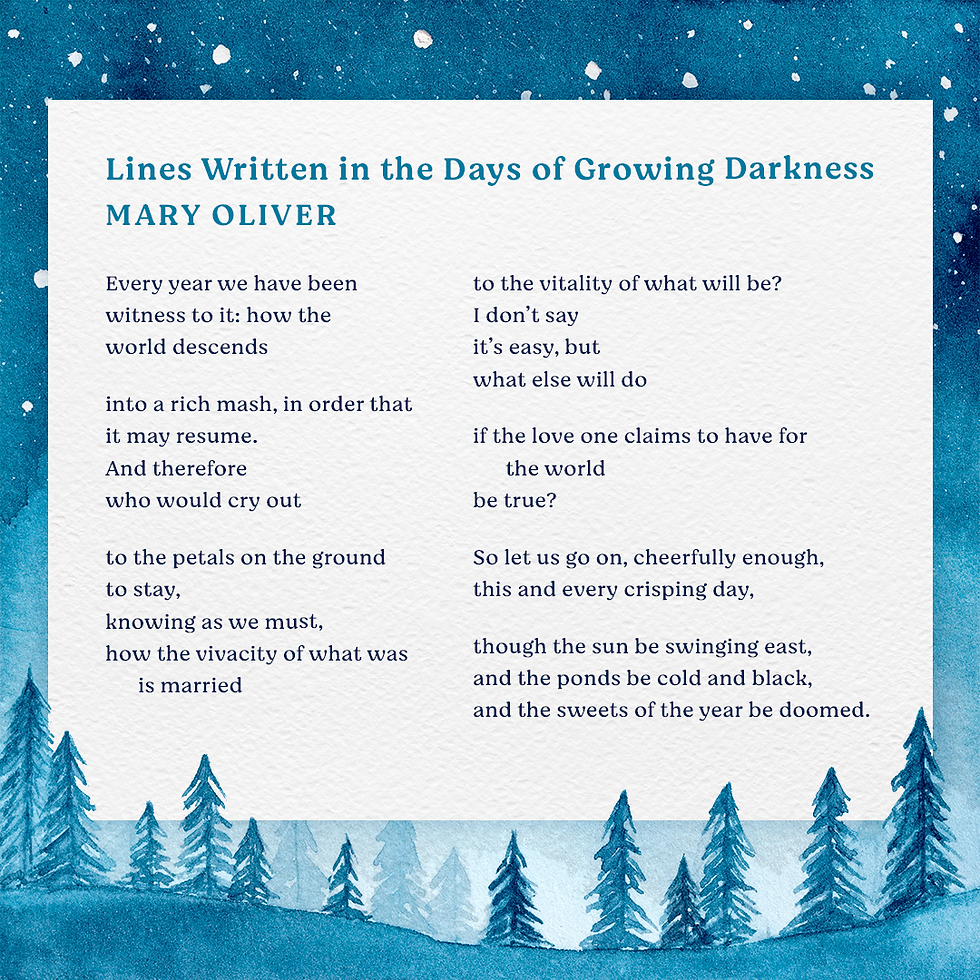How to stop procrastinating
- Kate

- Aug 12, 2022
- 2 min read

People struggle with getting going on a task because they feel overwhelmed by how to get the task done. What helps this overwhelmed feeling is taking time to think through the small steps that make up a task, and giving yourself credit for getting one first small step completed. Rather than think "I have to clean the whole kitchen, and it's a mess, I don't know where to start, and it will take forever!," break it down into, "To clean the kitchen I have to first put away any food that's been left out. Then get the dishrack emptied. Then I have to empty the dishwasher. Then I can get the dirty dishes loaded. Then I can wash the pots. Then I can wipe down the counters. Then I can watch the Real Housewives as a treat because I will be done!" Remind yourself you can do this in shifts. Just get a small step going, and that can build momentum to do the next step. Or get a small step going, take a break, and tell yourself, "good for me!, I have that started, and I can get back to it to make more progress."
People may also have trouble getting started because they are anxious about the task -- "It's so huge, it's so awful, I'm so bad at it" -- and by avoiding it, they regain a sense of control, as well as the little reward of "Phew!, I don't have to do that right now." Again, breaking the awful-&-impossible-seeming task down into small do-able parts that get paced out can help break down that wall of total resistance. Rather than tell yourself, "I have to get a job!", instead focus on making small forward movement every day -- review your resume on day one, make a profile on a job search site on day two. You can just get started on the profile, save it, work on it some more on day three.
Another way to motivate yourself is to imagine how grateful your future self will be to your present self for getting it done. I do chores on Thursday mornings so Weekend Kate doesn't have to do them, and Weekend Kate LOVES Thursday Kate for that! No human ever feels like doing a chore in the moment, but consider how you would like to feel afterwards -- if you avoid, you will feel momentary relief, and then feel a lot worse at the of the day; if you complete some small steps, and give yourself lots of praise for doing so, you will feel good about yourself at the end of the day. These ideas come from a Cognitive Behavioral Therapy (CBT) approach -- reframing negative cognitions and beliefs into positive ones helps you see a problem as less daunting and yourself as more competent, which helps you engage in different behaviors. These suggestions are also tools that are helpful for folks with ADHD and/or anxiety so even if you may not have those diagnosable disorders, if you look for a CBT therapist who specializes in ADHD or anxiety, they will have a lot of helpful skills for you!




